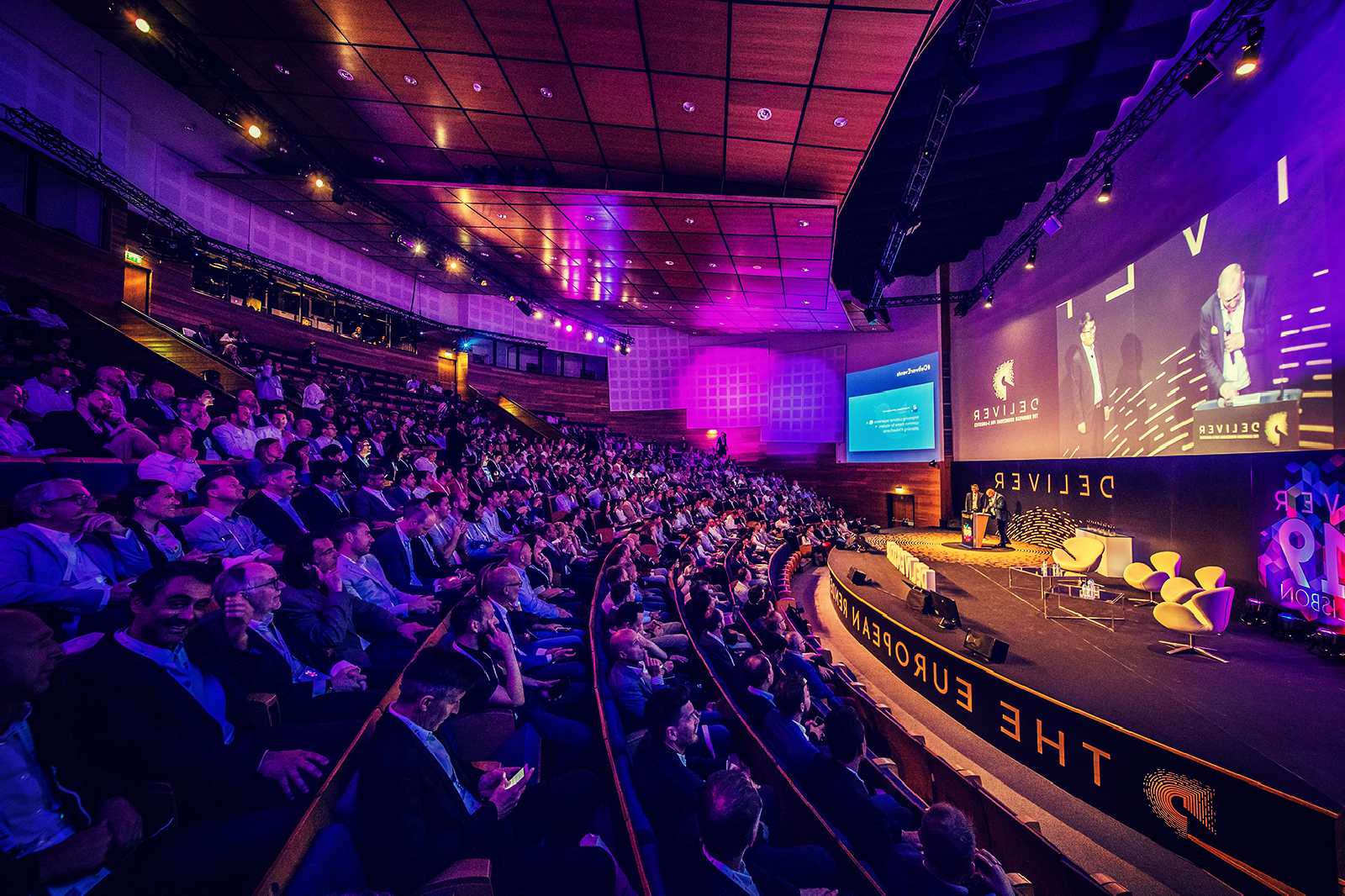Bonus Insights: Bjorn Bengtsson – Chief Product Officer, UNTUCKit LLC
)
Bjorn Bengtsson is Chief Product Officer at UNTUCKit LLC, one of the fastest growing men’s e-commerce companies in the US, leading the company’s Merchandising, Design, Technical Design and Production departments.
He is a part-time Adjunct Professor at Parsons School of Fashion in the Fashion Marketing program, and a frequent member of Parsons Executive Learning program.
WATCH his DELIVER America 2023 Keynote: How to Stay Ahead of the Curve with Supply Chain Traceability and Transparency after New US Legislation
DELIVER:
A challenge in the apparel business is the high amount of returns caused by issues with sizing. Do you see any significant progress in technologies such as virtual fitting software?
BJORN BENGTSSON:
In my experience the only thing that gives the customer perfect fit is body scanning. But it's really hard to get the customer to buy something and stop and scan themselves. It doesn't really work. I think the question is, rather, what do you do with the returns? Most e-commerce companies don't throw away returns; they get refreshed. So the wastage is from poor fitting garments is not really that great. It's more the logistical cost of managing that back and forth with the customer.
There's definitely a benefit to those software programs. The problem is, it's a little bit of a 'Wild West', because there's a number of companies out there, and body scan accuracy is anywhere from 85 to 90% accurate. The measurement you need to get it perfect is 95%, because even if I take a garment, and I put 10 master tailors in 10 separate rooms and they measure it, they're not going to get the same measurements.
We have made some studies at UNTUCKit, and we really didn't see a remarkable improvement in our fit. We had one where it would allow the customer to see a body avatar, and then they could pull their belly in, make it bigger or smaller. And I said it was stupid, because guys always have a positive body image, you know! Even if we have a belly we're not going to confess that to ourselves. We always think we look ten years younger. So to my mind, these technologies haven’t really proven themselves yet, but with better camera technology they eventually will get better.
DELIVER:
Companies such as yours have made some very positive changes to cut down on the amount of plastic used in their garments and packaging. But would you agree that a stubborn challenge remaining is the continued use of plastic buttons?
BJORN:
The question, when you start a business, is what is most important in getting that business off the ground? Is it aesthetics? Or is it sustainability? That goes for buttons too, that are made from recycled polyester. And by the way, recycled polyester just minimizes the use of virgin polyester - it doesn't take plastic out of our world. So it's more like putting a BandAid on a bleeding wound.
It’s very popular to use ocean plastic, for instance. The problem with ocean plastic is that the supply is very uneven, because it's based on handpicking the plastic on the beaches in these ‘plastic belts’ where it lands. It's NGOs who are doing that, and they're not always able to finance these operations. Recycled bottles have a problem: they don't look that good. So most fashion companies don't use them, because the aesthetic is still not there.
What we’re using is called BDP, which is ‘break down plastic’. It's an enzyme we put in plastic and I think that technology shows a lot of promise: it actually makes plastic compostable and it speeds up the degradation. It breaks down the plastic much faster and it does not create any microplastics or release any toxins. I think those technologies are probably more promising and I'm actually working on those buttons right now.
At UNTUCKit, we used to put a spare button on every shirt. And we stopped that, because we figured out that is three million buttons that are unnecessary. We said that if anybody needs a spare button, it's better for the environment if we just ship them one from our distribution center, than if we put them on the shirt.
When it comes to packaging, I would like to be able to ship garments without any plastic whatsoever, because that is a total waste. It's just plastic that was never used for anything more than making the garment look attractive.
DELIVER:
When it comes to accountability for product waste, do you feel that lies more with the producer, or the consumer?
BJORN:
Where I come from in Sweden, there's a very large responsibility with consumers. Swedes are very, very diligent in putting things in the right bins and recycling, and it's almost a crime not to do it. And I don't know why that is. But I cannot see that happening in the United States.
If we say to the fashion industry: by 2025, you have to be responsible for 25% of the product in recycling, and then 50%, etc., and you have to be carbon neutral, unless we put roles in for a pathway to become more sustainable, it's not going to happen. I don't think the consumers’ attitudes change the universe until business changes it, unfortunately, because this big collective consciousness is not a good consciousness - individual consciousness is a good consciousness. Companies don't change until there are laws. It's much easier to target millions of companies than billions of customers.
It's done very well with food, because people seem much more concerned with what they put in their bodies than what they put on their bodies. But when it comes to clothes, it seems to be very complicated to make people do something better. The other thing that's lacking is a universal code of how bad something is. This is of course something the industry can't agree on, and is never going to agree on. But if you had a universal code: not sustainable, a little bit sustainable, medium sustainable, very sustainable, and people actually knew that when they bought something, it would be easier to guide the consumer towards more sustainable choices.
I think there's a greater awareness today than five years ago. And I think the awareness is increasing with all the natural catastrophes we see. But there's a long road between awareness and action. The EU is much further ahead than the United States: at least they're talking about laws and regulations on waste. Hopefully this decade, we will be able to put in some laws and regulations, so that when we enter the next decade, we're on a path to doing something better. But you know: we're not even on that path yet.



.png)
